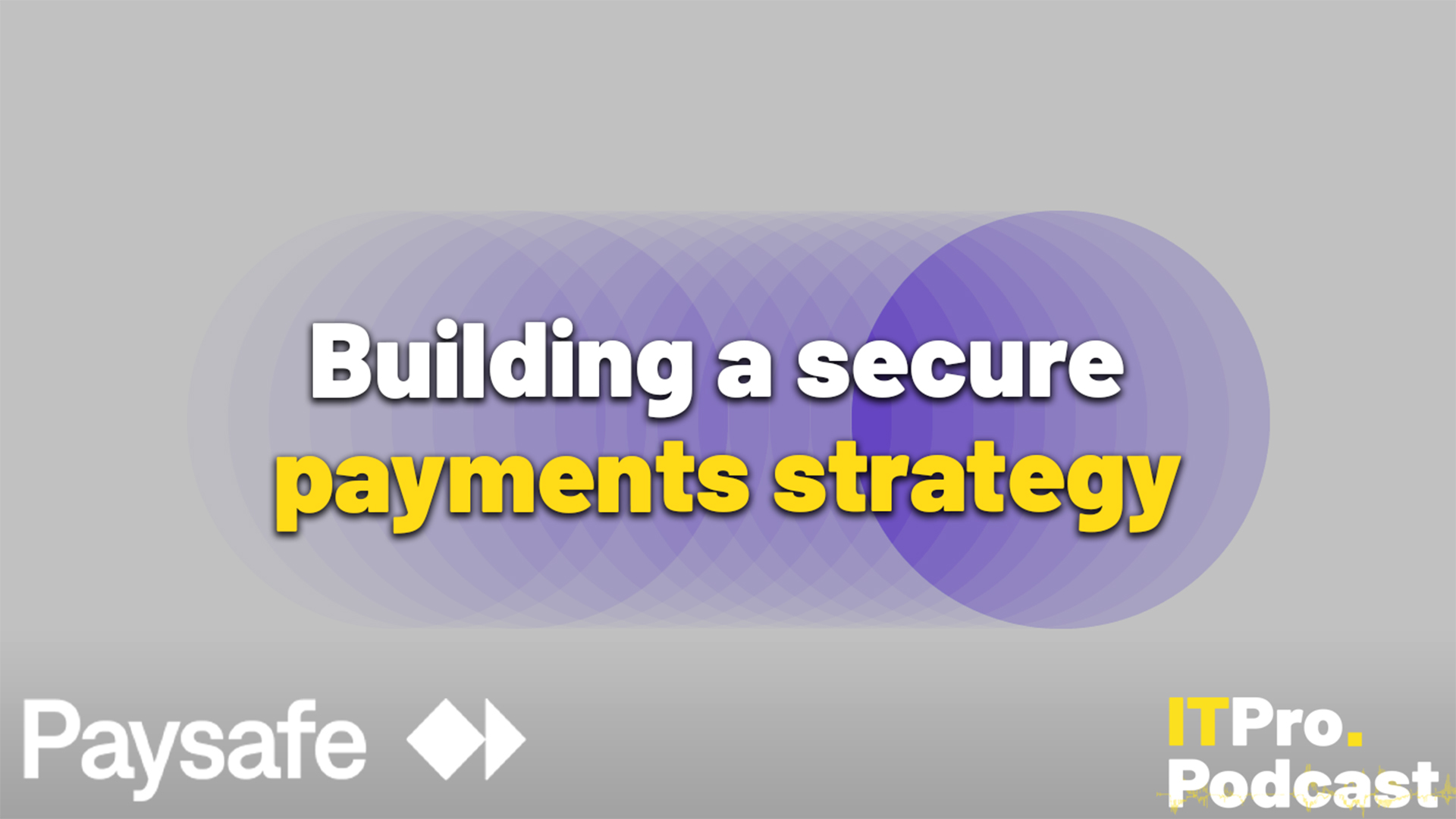New agency to sort digital woes, says Lord Carter
Digital Britain's Lord Carter is looking for "peace and harmony" between rights holders and ISPs, and warns next gen broadband will need public funding.


Answering MPs' questions about his Digital Britain report, Lord Stephen Carter further detailed next generation broadband plans, as well as the need for a 'digital rights agency'.
Communications and tech minister Carter promised to further outline plans for a digital rights agency later this week, noting there's been "no outbreak of peace and harmony between rights holders and ISPs" over file sharing issues.
He also told MPs that universal broadband is indeed possible by 2012, but said regulatory changes and public funds will be necessary.
"It requires a change in European legislation, a decision about which technologies will provide it and how it will be funded," he said, adding: "Universal Service Obligations are not funded by the market, they are funded by regulatory or public intervention."
Currently, Virgin Media and BT are working on next generation fibre rollouts, but their plans will not cover the entire country. Carter suggested that the BBC might have a place.
"More and more people get their media from the internet and that usage is doubling every two years. Would the nation's state-funded content provider have a role in this? It would seem to me it would," he said.
Carter took the opportunity to weigh in on the YouTube's music video woes, saying such battles will continue as more forms of content move to the digital world.
Sign up today and you will receive a free copy of our Future Focus 2025 report - the leading guidance on AI, cybersecurity and other IT challenges as per 700+ senior executives
"Mass access to multiple forms of content demands that it is priced differently," he said. "We are talking about an order of change that we have never seen before."
He added: "These new technologies are inescapable and a reality for traditional ad-funded newspapers and TV but I'm not sure it is government's role to ensure they survive."
Click here for more on the Digital Britain report.
Freelance journalist Nicole Kobie first started writing for ITPro in 2007, with bylines in New Scientist, Wired, PC Pro and many more.
Nicole the author of a book about the history of technology, The Long History of the Future.
-
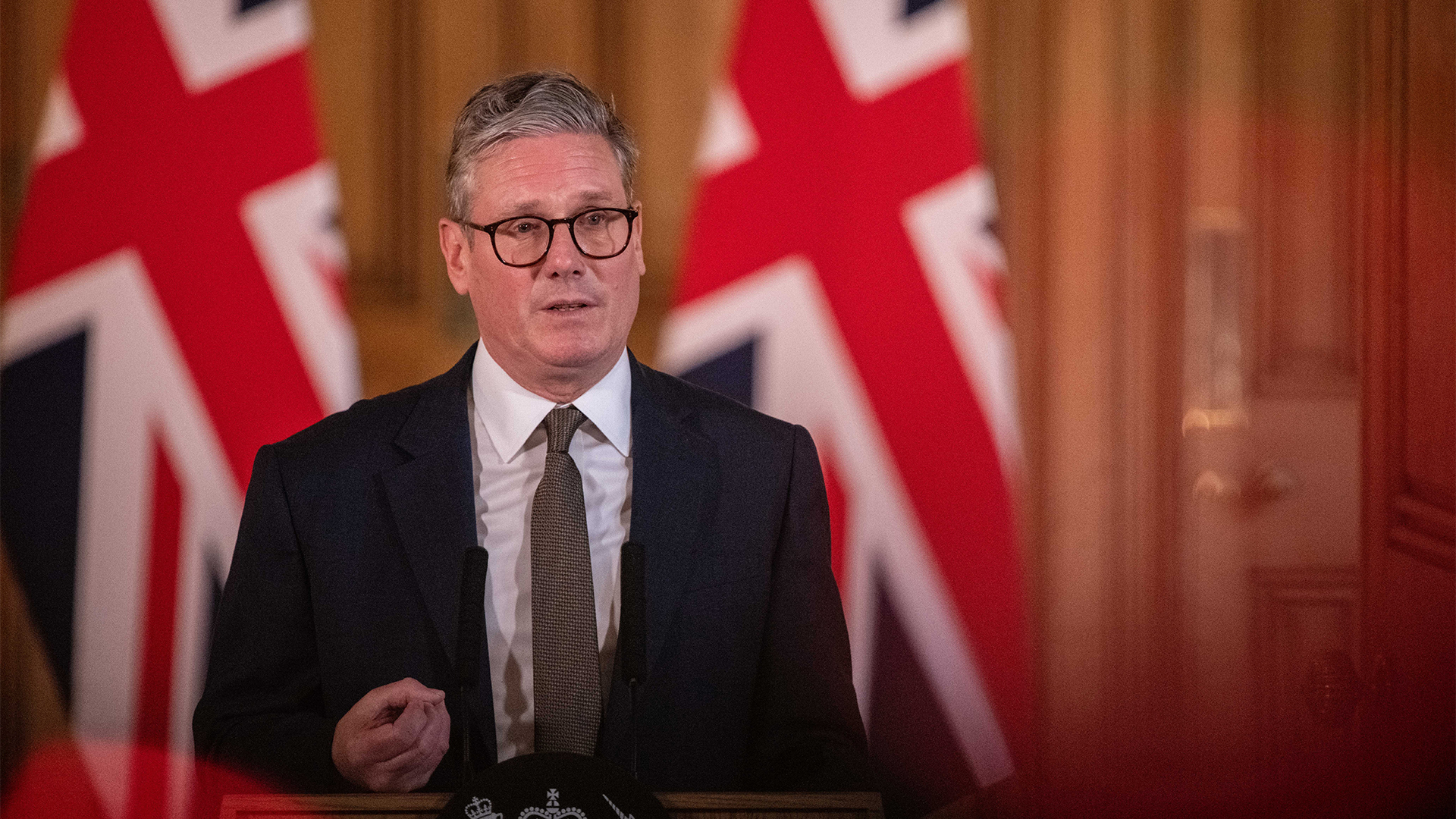 UK regions invited to apply for ‘AI Growth Zone’ status
UK regions invited to apply for ‘AI Growth Zone’ statusNews The UK government has opened up bidding for regions hoping to secure 'AI growth zone' status.
-
 “Botched government procurement” leads to £24 million Atos settlement
“Botched government procurement” leads to £24 million Atos settlementNews Labour has accused the Conservative government of using taxpayers’ money to pay for their own mistakes
-
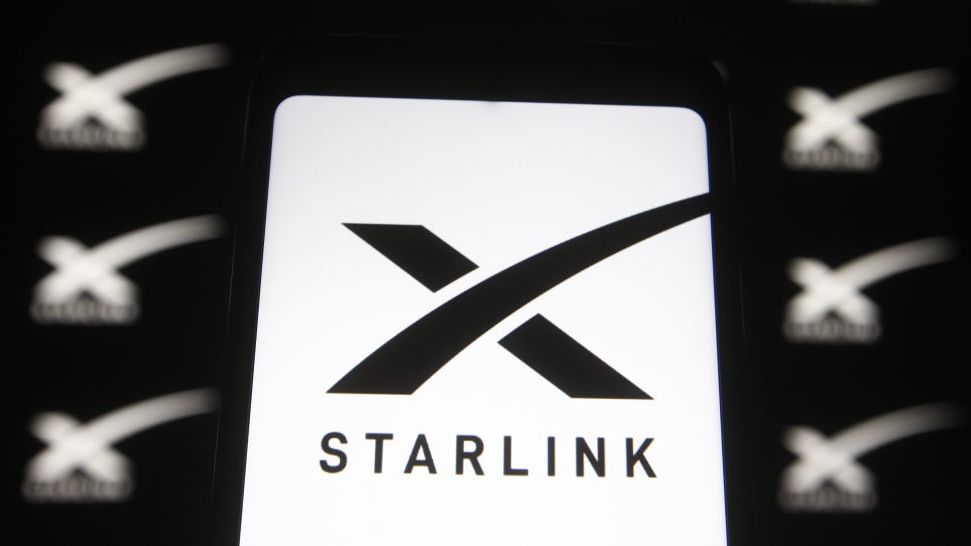 UK government to run Starlink trials in Snowdonia, Lake District
UK government to run Starlink trials in Snowdonia, Lake DistrictNews The government has indicated low-Earth orbit satellites could be key to expanding connectivity to UK businesses
-
 Government holds talks with data centre operators over energy blackout threat
Government holds talks with data centre operators over energy blackout threatNews One data centre operator has been preparing to switch over to diesel power in the event of a national blackout
-
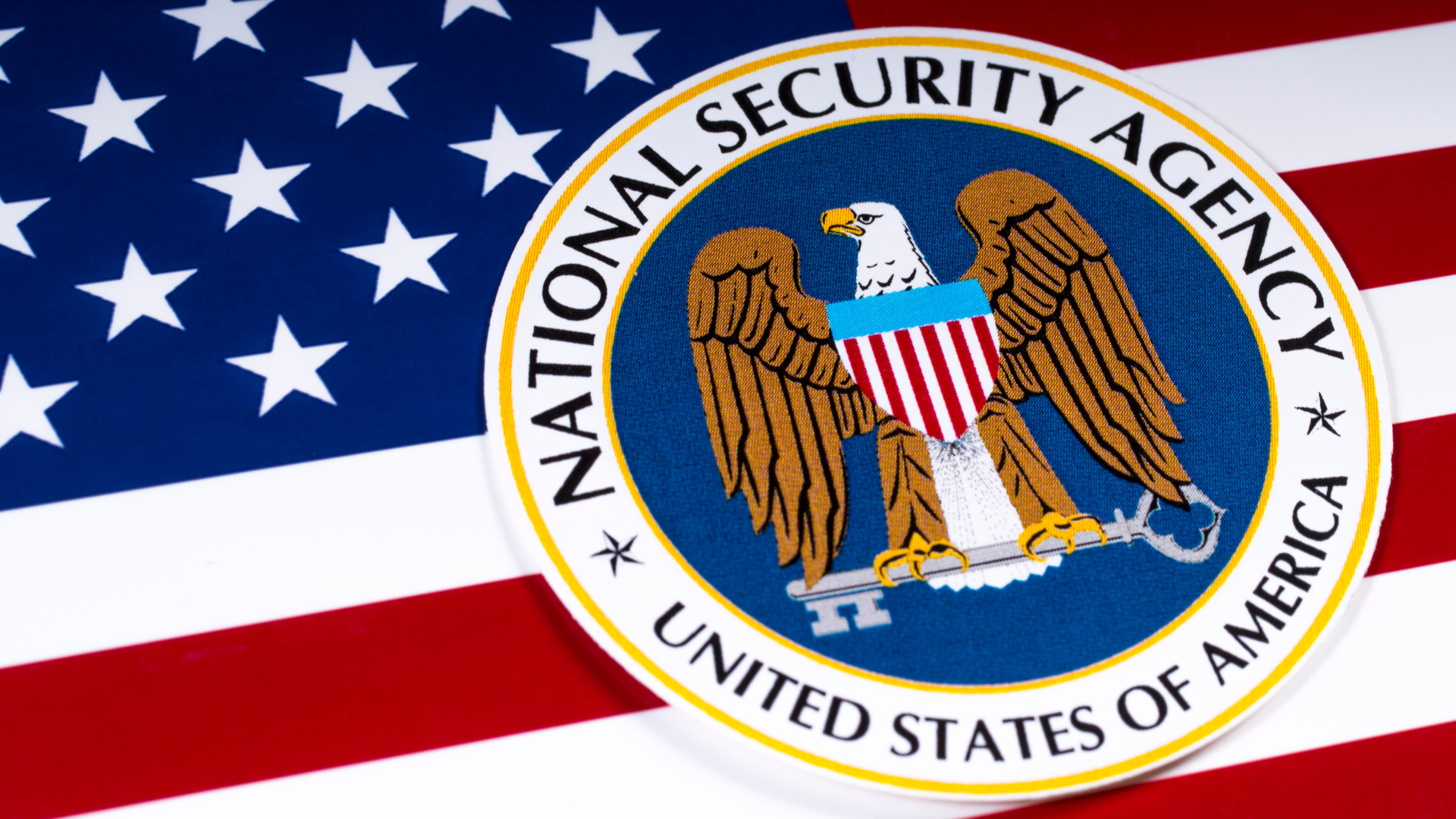 HPE inks $2 billion high-performance computing deal with the NSA
HPE inks $2 billion high-performance computing deal with the NSANews HPE will provide scalable on-premises computing to the NSA using Greenlake
-
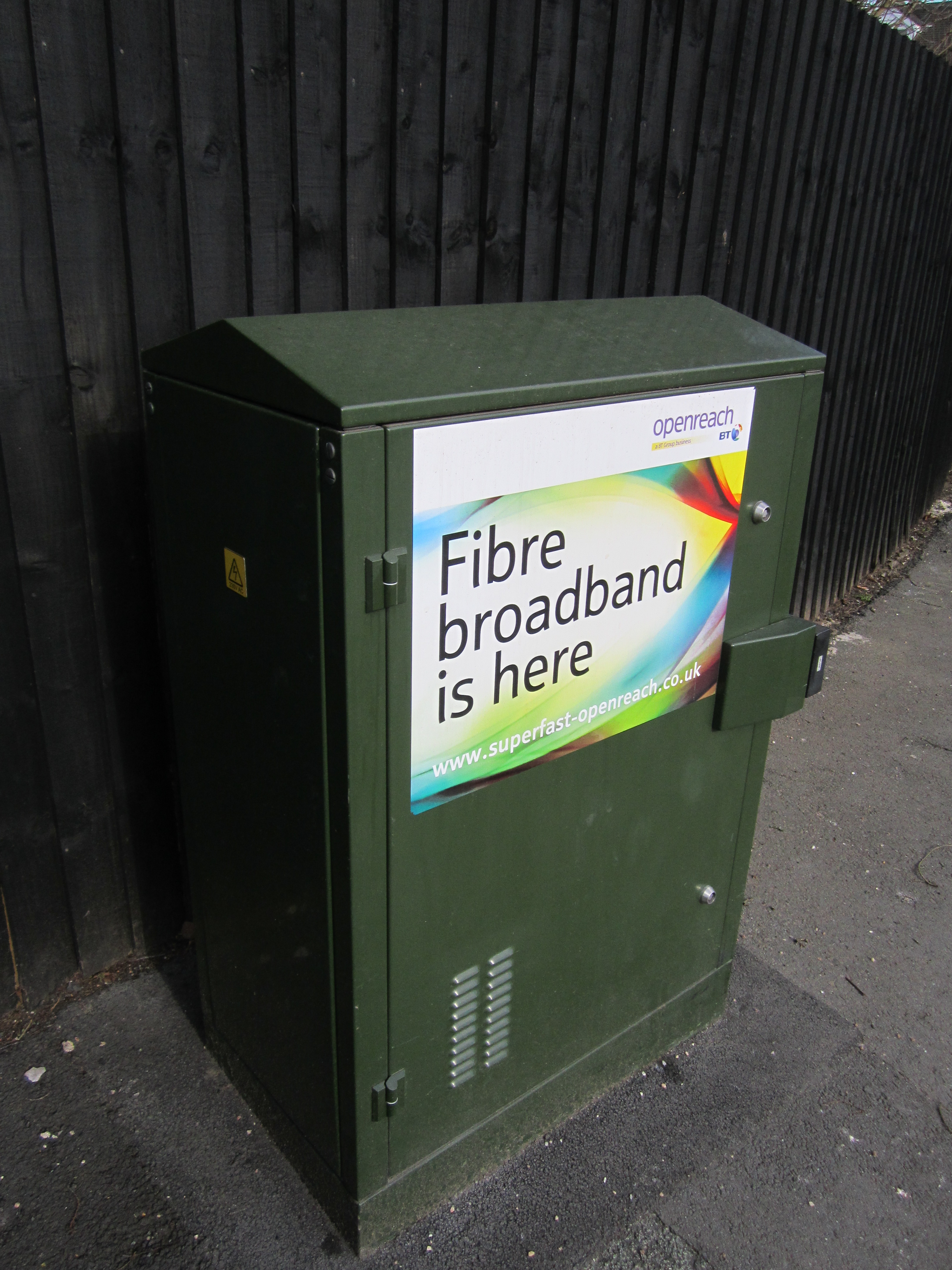 Broadband not meeting UK consumer expectations
Broadband not meeting UK consumer expectationsNews Survey finds many unhappy with broadband in the UK
-
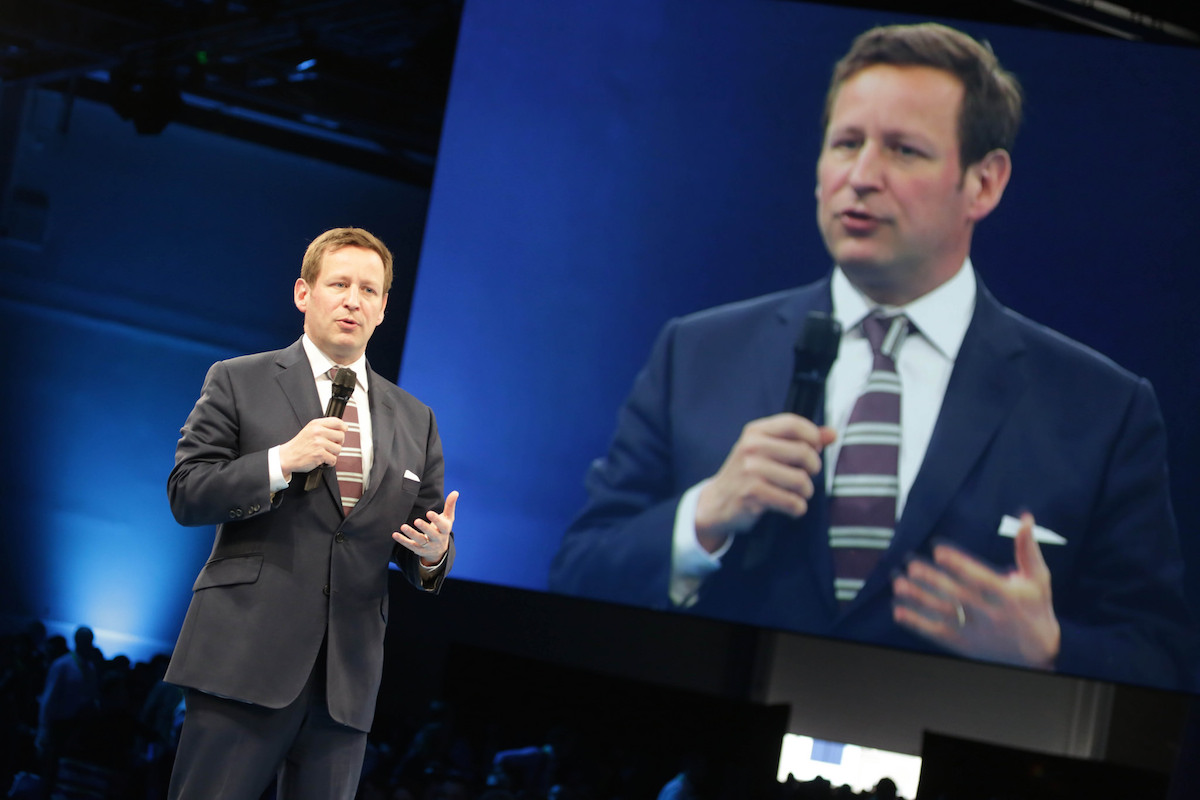 Are we really better off as part of the EU?
Are we really better off as part of the EU?News Ed Vaizey certainly thinks you are if you’re a start up or innovator…
-
 Government says everyone now has 2Mbps internet access
Government says everyone now has 2Mbps internet accessNews Department for Culture, Media and Sport has introduced satellite grants for those in low-speed areas


